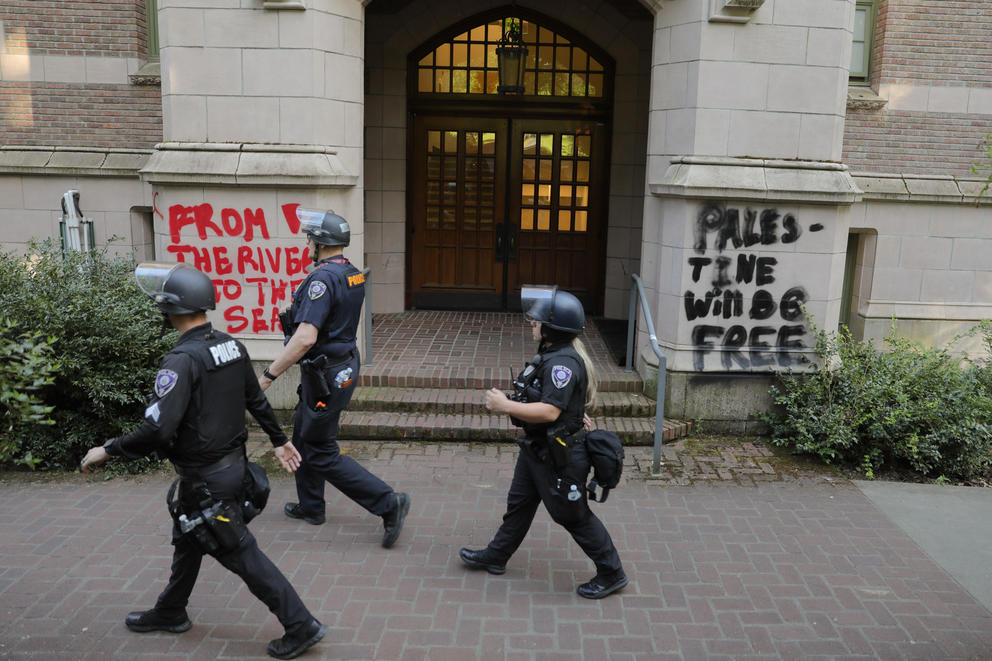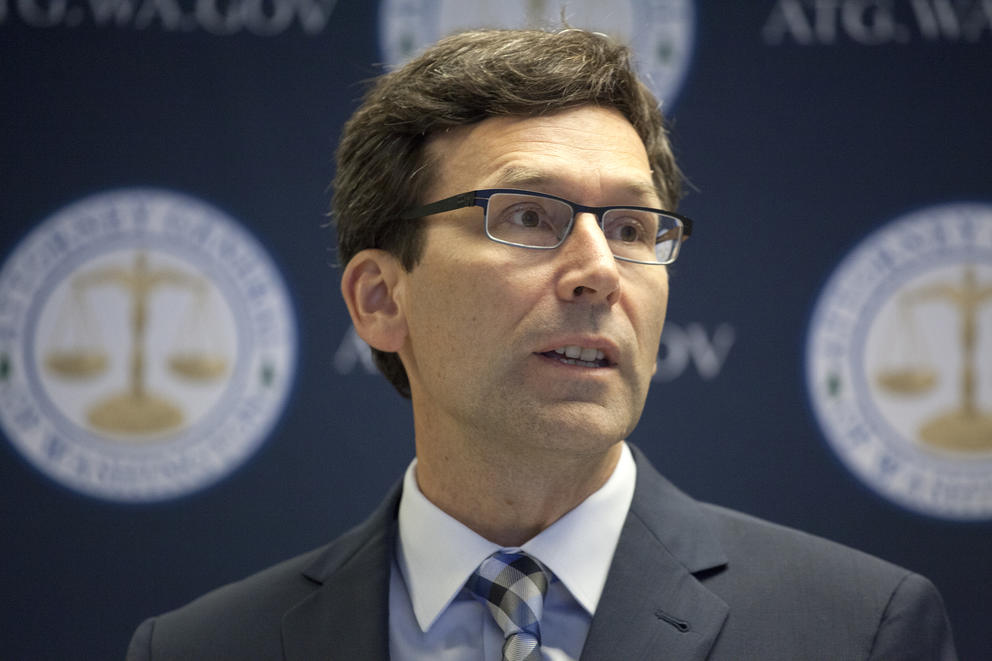Spokane Mayor Lisa Brown declared an emergency this week to address the city’s opioid crisis.
“We’re here today because our community is dealing with the devastating effects of fentanyl and other opioids,” Brown said during a news conference Tuesday. Other speakers included representatives from Spokane’s treatment providers and law enforcement agencies.
The declaration will enable the city to implement several public health and safety initiatives immediately. The initiatives will focus on Second and Division streets, an area where unhoused residents and others have been severely impacted by substance use.
The city will proceed with establishing a temporary transition center out of the Cannon Street Shelter, which it shut down last year. The center, operated under a contract with the Empire Health Foundation, will focus on providing services to unhoused residents in an encampment zone located between North Browne and North Division streets and from Interstate 90 to Sprague Avenue. The center would be the latest in an ongoing effort to clean up the area and connect unhoused residents to services under the Department of Commerce’s Right-of-Way Encampment Resolution Program.
The city will also target “high utilizers” who cycle from the street to the emergency room to jail. The city is partnering with Consistent Care, a Spokane organization, to provide case management services for those individuals. The city is also working with Spokane Treatment and Recovery Services to increase the use of its CAR50 program, which provides transport for individuals under the influence of a substance to an appropriate medical or treatment facility.
Under the emergency declaration, the Spokane Fire Department can now provide medical intervention for withdrawal management. The city is also working with local, state and federal agencies to address the drug market that has festered in the Division corridor.
As part of the emergency response, the city will request additional fentanyl test strips and Narcan from the state and pursue opioid abatement strategies approved under the state’s settlement with opioid manufacturers.






